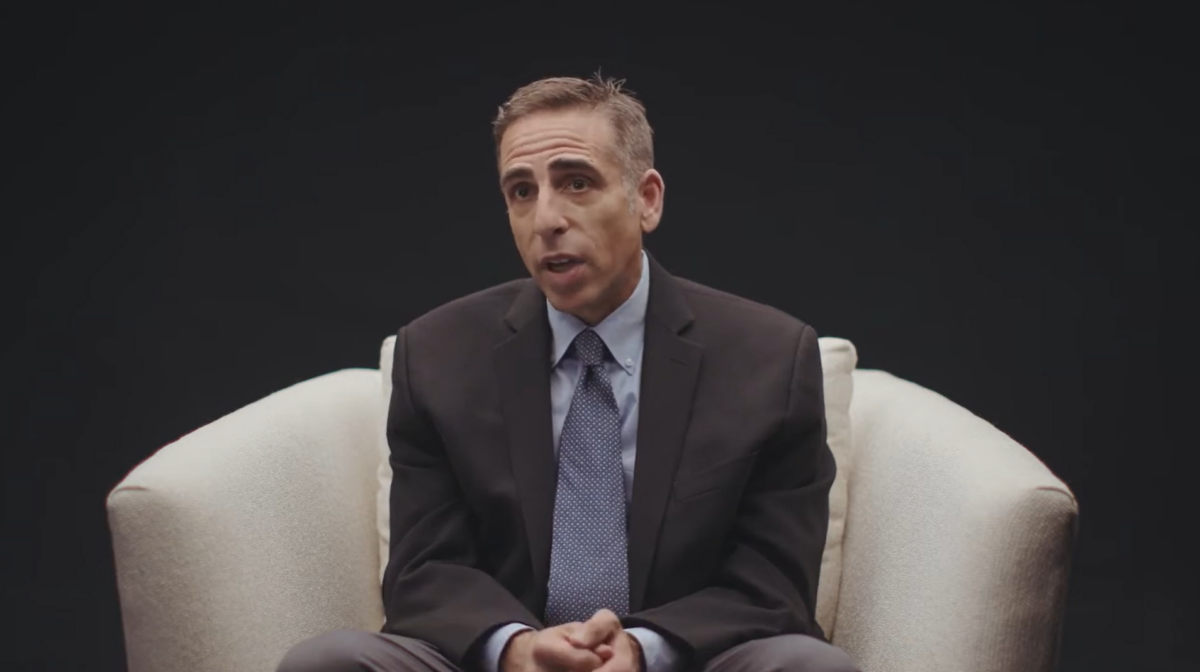
Wesley J. Smith to Pro-Life Movement: Save Lives, Not Souls
Wesley J. Smith recently participated in a Symposium hosted by the Human Life Review. He was asked to react to the following statement: In the decades between Roe v. Wade and Dobbs, most prolifers believed that Americans were more or less opposed to legalized abortion on demand because a) this was the case in 1973; b) it was imposed on us from above by “raw judicial power,” rather than legislated; and c) surveys repeatedly showed substantial percentages of Americans being disquieted by abortion, especially when you got beyond the hard cases and the earliest weeks of pregnancy. In the first year or so following Dobbs, prolifers got a reality check through legislative defeats even in some reddish and purple states. We can say (what is true) that massive Read More ›








